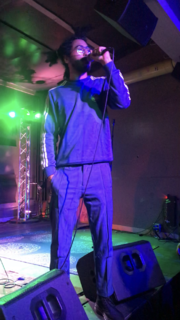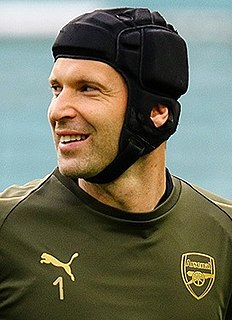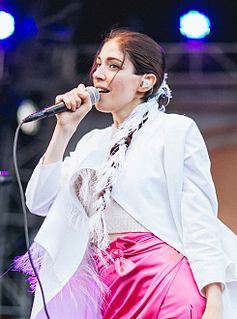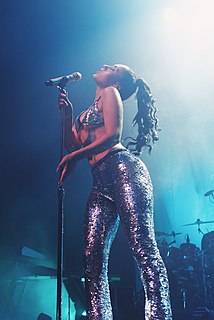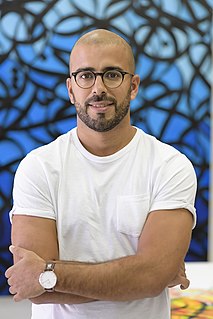A Quote by Milo
I find myself trying to translate a lot of the things whirring passed my subjective lens into language I can make sense of, then that tribal tongue becomes rap-language and for whatever reason some people on the internet really like that. To y'all I'm eternally indebted.
Related Quotes
Public speaking is done in the public tongue, the national or tribal language; and the language of our tribe is the men's language. Of course women learn it. We're not dumb. If you can tell Margaret Thatcher from Ronald Reagan, or Indira Gandhi from General Somoza, by anything they say, tell me how. This is a man's world, so it talks a man's language.
One of my favorite tricks was taking a page and having the first student translate it from English into whatever language he or she was working on, and the next one would translate it back into English and then into the foreign language, and we'd go around the room and compare the two English versions at the end, and it would be amazing how much survived.
Nature is a language and every new fact one learns is a new word; but it is not a language taken to pieces and dead in the dictionary, but the language put together into a most significant and universal sense. I wish to learn this language - not that I may know a new grammar, but that I may read the great book which is written in that tongue.
I know that some subjective experiences of sex are very firm and fundamental, even unchangeable. They can be so firm and unchanging that we call them "innate". But given that we report on such a sense of self within a social world, a world in which we are trying to use language to express what we feel, it is unclear what language does that most effectively. I understand that "innate" is a word that conveys the sense of something hired-wired and constitutive. I suppose I would be inclined to wonder whether other vocabularies might do the job equally well.
Some feminist critics debate whether we take our meaning and sense of self from language and in that process become phallocentric ourselves, or if there is a use of language that is, or can be, feminine. Some, like myself, think that language is itself neither male nor female; it is creatively expansive enough to be of use to those who have the wit and art to wrest from it their own significance. Even the dread patriarchs have not found a way to 'own' language any more than they have found a way to 'own' earth (though many seem to believe that both are possible).
Yet some of my friends tell me they understand 50 percent of what my mother says. Some say they understand 80 to 90 percent. Some say they understand none of it, as if she were speaking pure Chinese. But to me, my mother's English is perfectly clear, perfectly natural. It's my mother tongue. Her language, as I hear it, is vivid, direct, full of observation and imagery. That was the language that helped shape the way I saw things, expressed things, made sense of the world
I don't particularly care about having [my characters] talk realistically, that doesn't mean very much to me. Actually, a lot of people speak more articulately than some critics think, but before the 20th century it really didn't occur to many writers that their language had to be the language of everyday speech. When Wordsworth first considered that in poetry, it was considered very much of a shocker. And although I'm delighted to have things in ordinary speech, it's not what I'm trying to perform myself at all: I want my characters to get their ideas across, and I want them to be articulate.
There was a language in the world that everyone understood, a language the boy had used throughout the time that he was trying to improve things at the shop. It was the language of enthusiasm, of things accomplished with love and purpose, and as part of a search for something believed in and desired.
